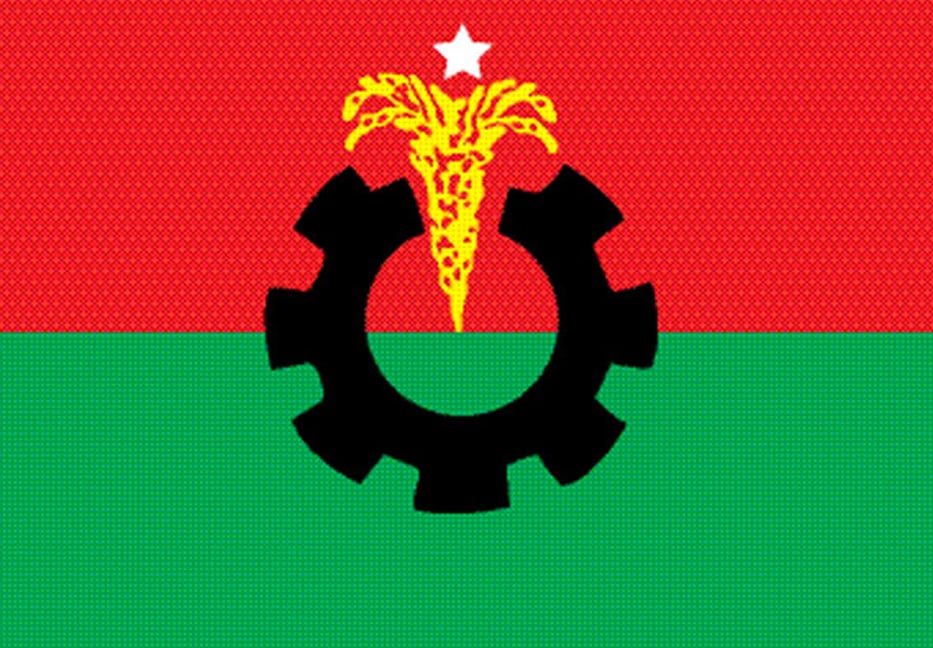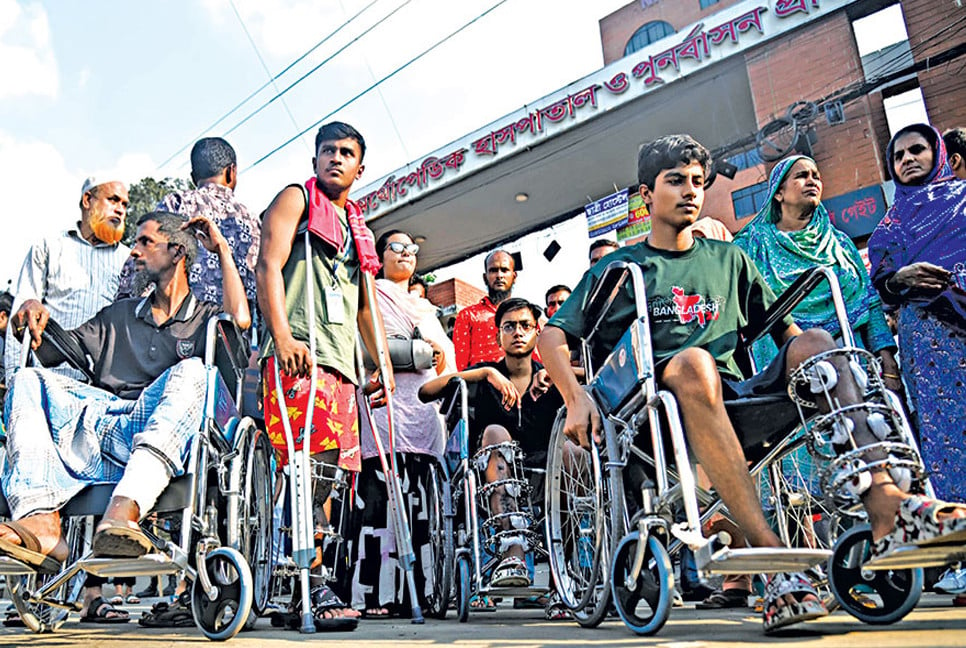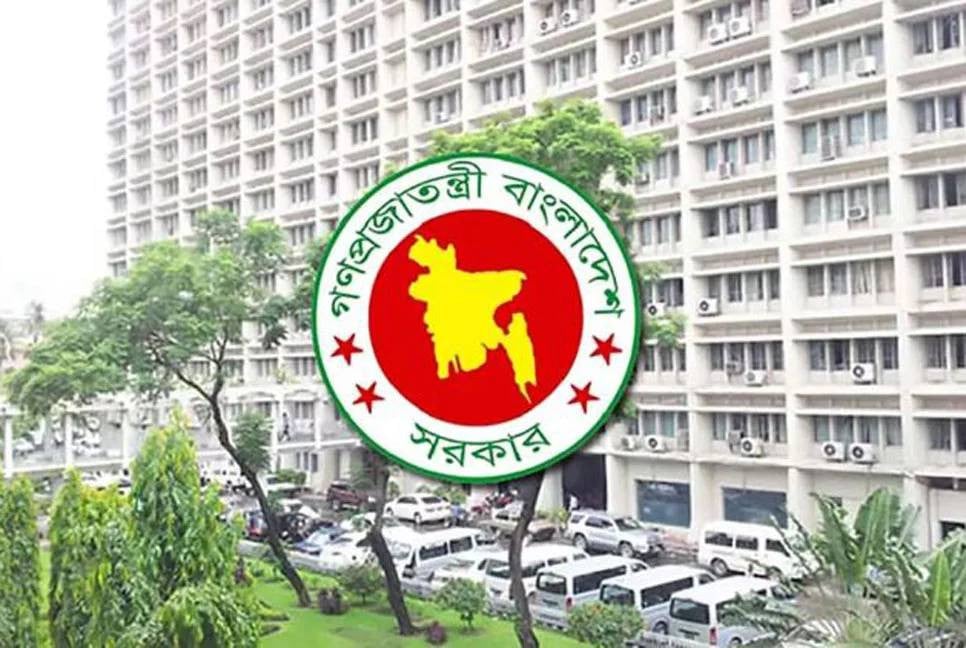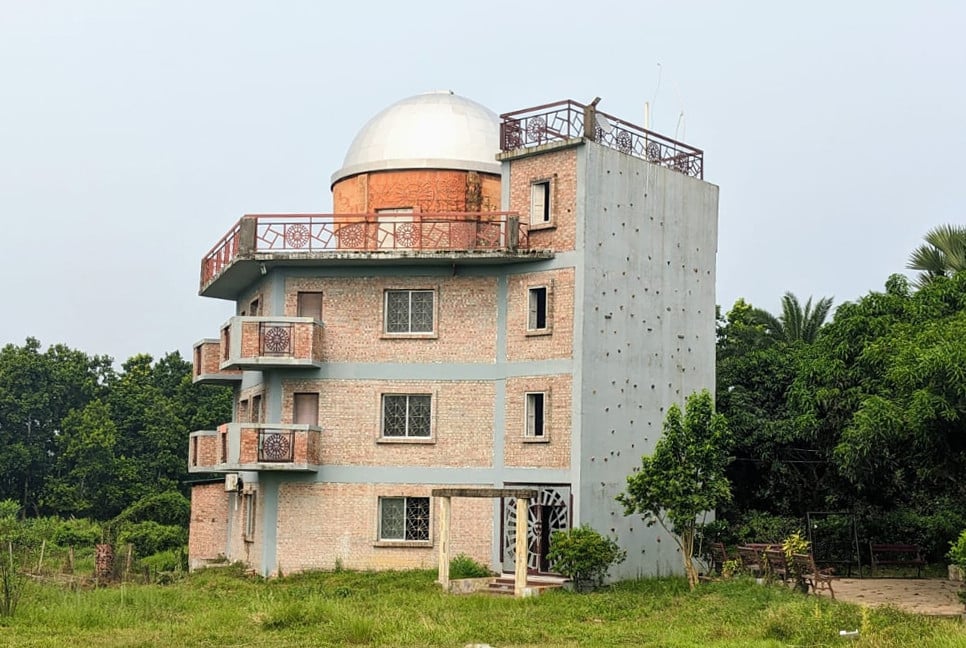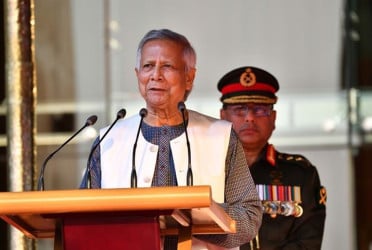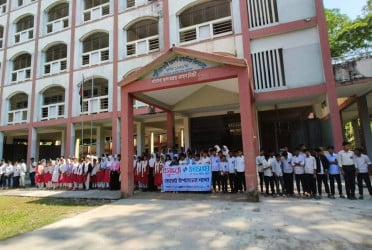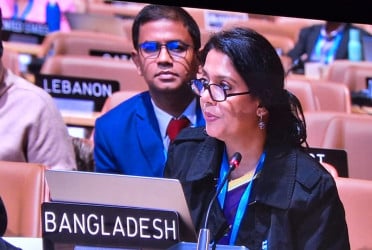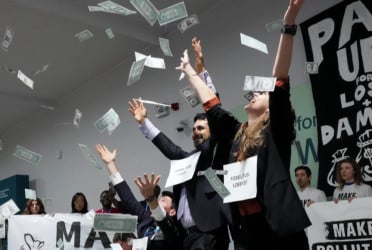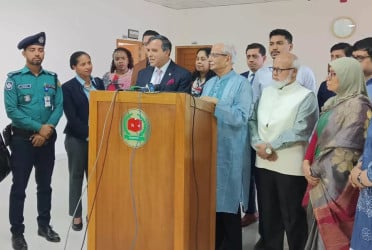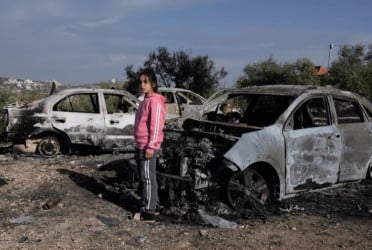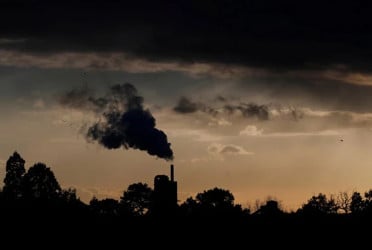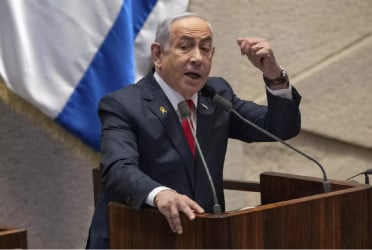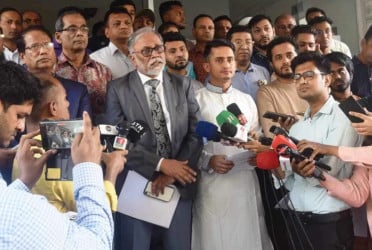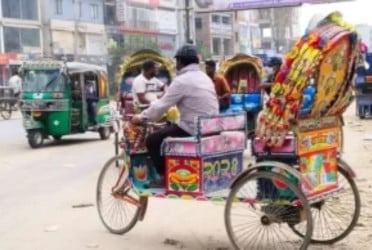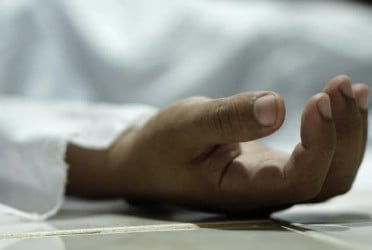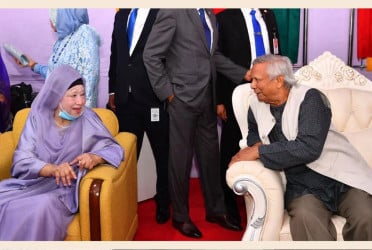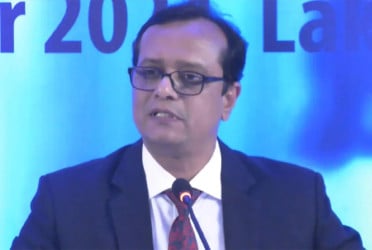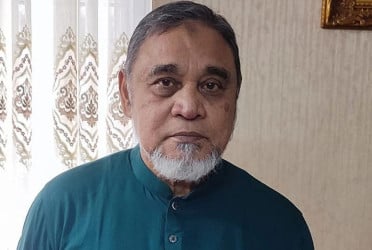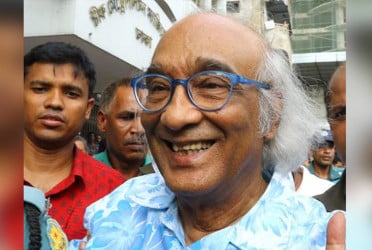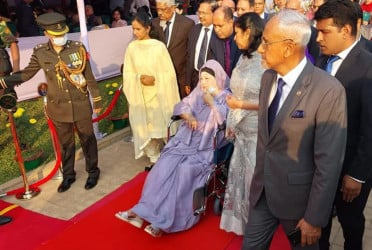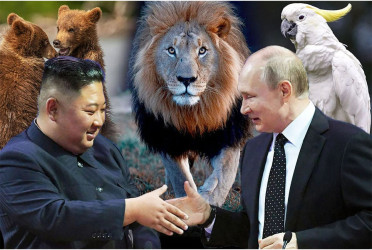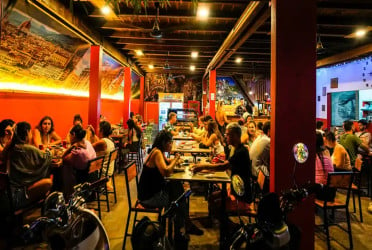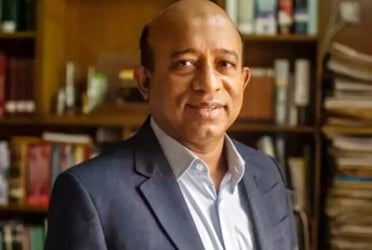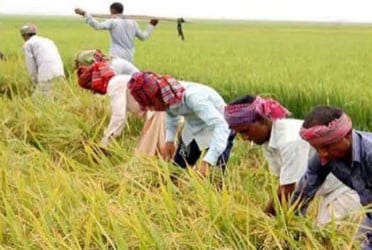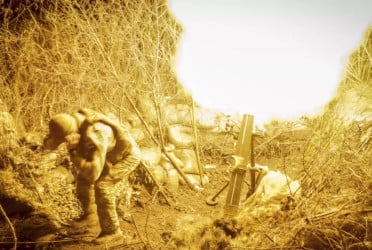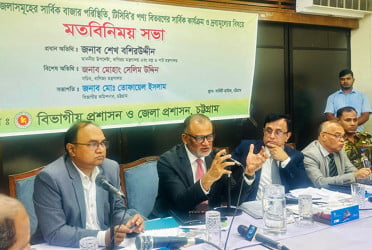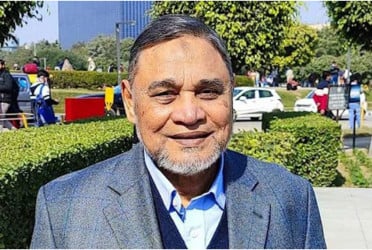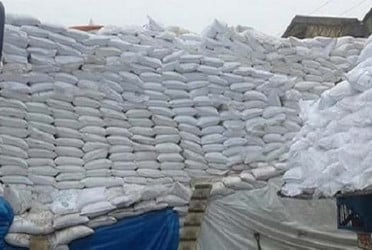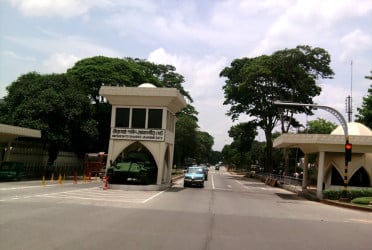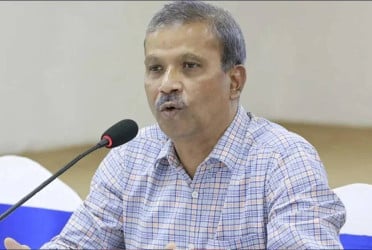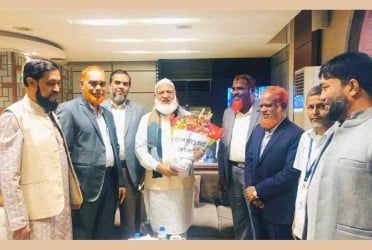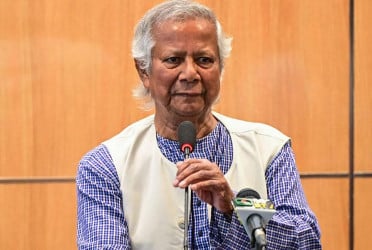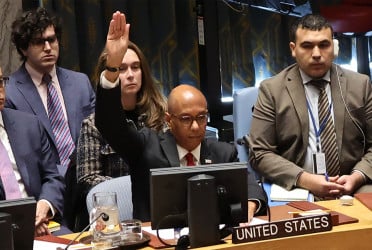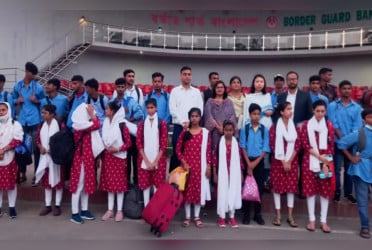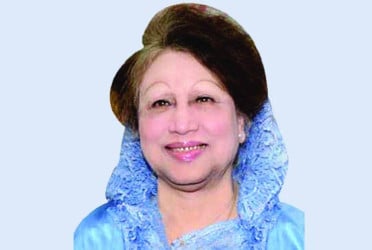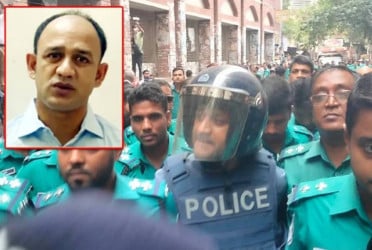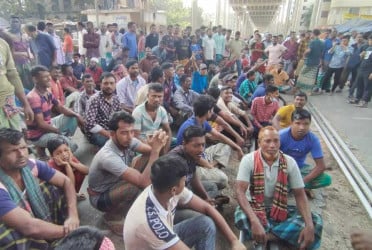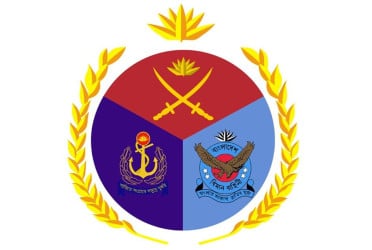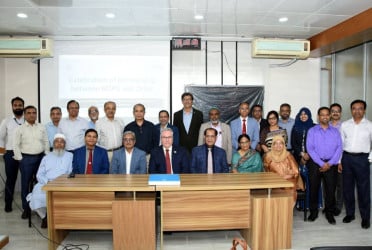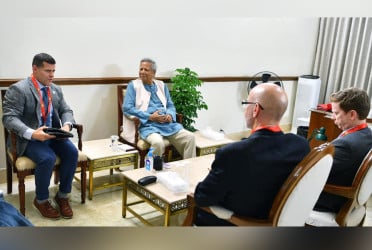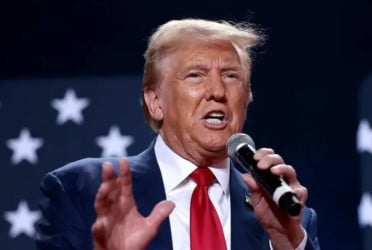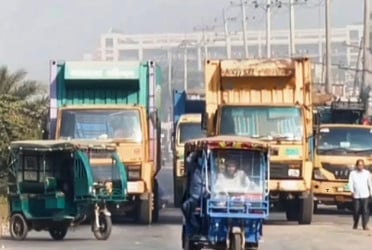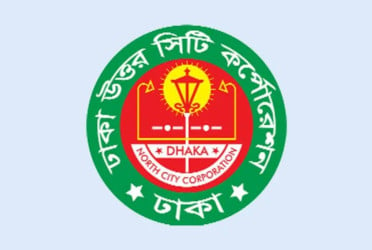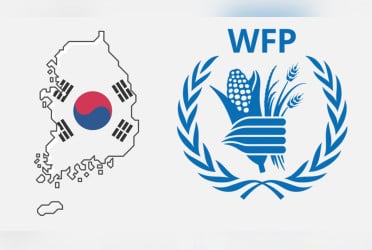BNP has fallen into the crisis of leadership in their current anti-government movement. The situation is almost the same from the central to grassroots level. The chairperson Khaleda Zia is seriously ill, taking treatment. Secretary general Mirza Fakhrul, central committee member Mirza Abbas, Amir Khasru Mahmud and many other central leaders are in prison. As a result, slackness is observed in every step of their activities and movement.
In the absence of its secretary general, his duty wasn’t assigned to any other leader. As the maximum leaders of central committee and policy making forum are in prison, the leadership crisis of the party is getting deeper and deeper. At the same time, the leaders and activists in every level of the party have been occupied by the web of cases filed against them. Furthermore, the intensity of arrests, remand, police-repression and announcement of verdict on a regular basis has frustrated its leaders and activists. Their acting chairperson Tarique Rahman has been trying to lead the party virtually from UK, but the question is how much could it fulfill the lack of leadership crisis of the party.
Advocate Ruhul Kabir Rizvi Ahmed, senior joint secretary general of BNP, who is out of jail, said, “The government is desperate to make BNP leaderless using state power for holding one-sided national elections. For this, they are arresting BNP leaders and activists en masse, torturing until remand. In order to fulfill their evil purpose, they have started the game of quarantine with the top leaders of BNP. BNP has been going throough the trial-drama against its leaders in cases of absenteeism and falsehood. But the AL government will never succeed in this. The leadership of BNP cannot be weakened by doing this.”
According to the sources, BNP was in such a leadership crisis due to the 2007 One-Eleven political pot-change disaster and mass arrest campaign in 2014. This time, among the seven leaders active in the field of the party's standing committee, three important leaders, including the secretary general, were arrested and imprisoned in the case of murder and sabotage. Four other actives are now absconding to avoid arrest. Three have been convicted including party chairperson, acting chairman, four disabled due to age, one stuck in India due to legal complications and four members have died. In this situation, there is a crisis of experienced and senior leadership in taking important decisions at the policy-making stage of the party. However, in the light of past experience, BNP, which has been plagued by lawsuits for 17 consecutive years, has changed its strategy.
According to the instructions of the high command of the party, a leader or worker who is outside the jail will lead the party. Even after arresting all the leaders, BNP can no longer retreat from the movement demanding a non-partisan government to restore democracy. BNP hopes that the people of democratic countries and the international community will be in favor of the mass movement for the restoration of voting rights. According to top level sources of BNP and like-minded parties, not only BNP leaders but also leaders of like-minded parties including Ganatantra Manch can announce and implement the program of simultaneous movement in the difficult situation ahead. They will continue the movement through virtual emergency meetings and media to avoid arrest and make the program successful at the field level. Even if the top leaders of every level committee of BNP are arrested, the leaders who are in the next positions will be in-charge and will play important roles for the party during the crisis, the party hope.
BNP standing committee member Dr. Abdul Moin Khan told The Bangladesh Pratidin, “The ruling government is trying hard to make BNP leaderless through their senseless false cases-attacks, arrests and arrests. Just as leadership cannot be created overnight in a team, neither can a party be leaderless overnight. BNP is a political party which is based on grassroots people. This systematic movement of the people cannot be stopped through injustice, oppression and torture.”
(The report was published on print and online versions of The Bangladesh Pratidin on December 2 and rewritten in English by Lutful Hoque)

